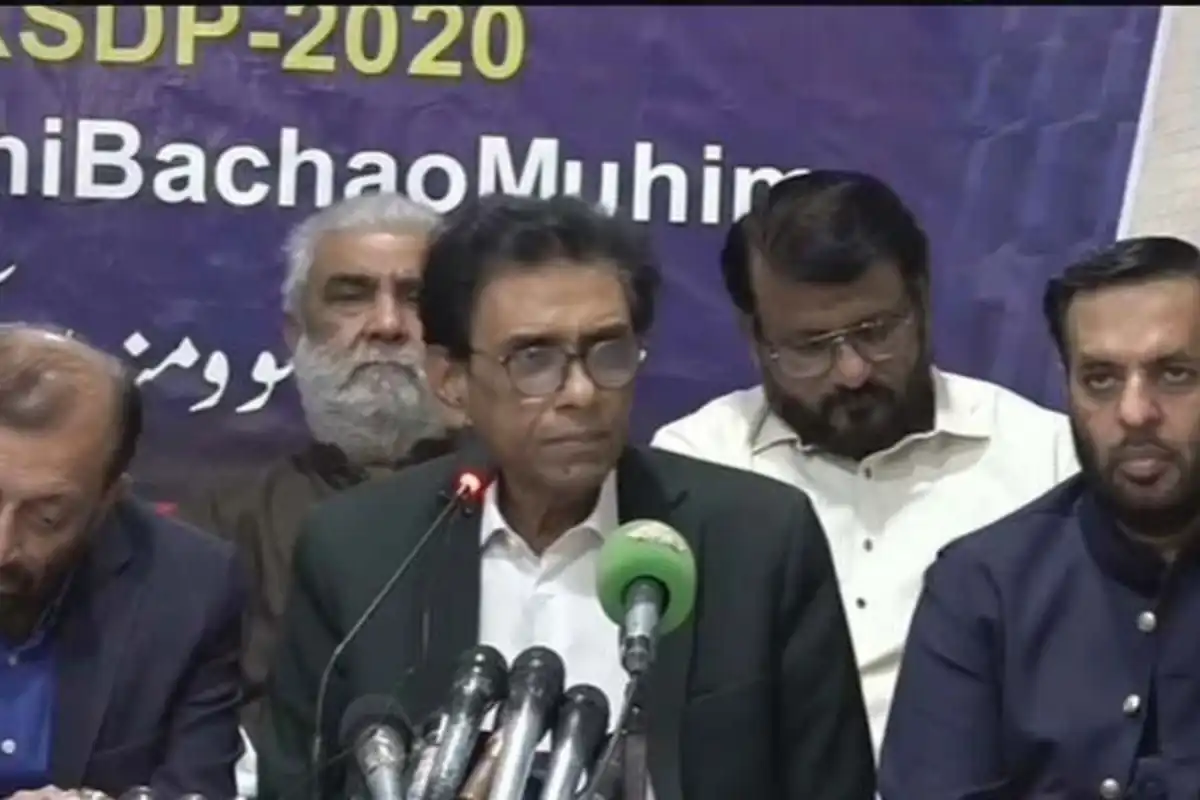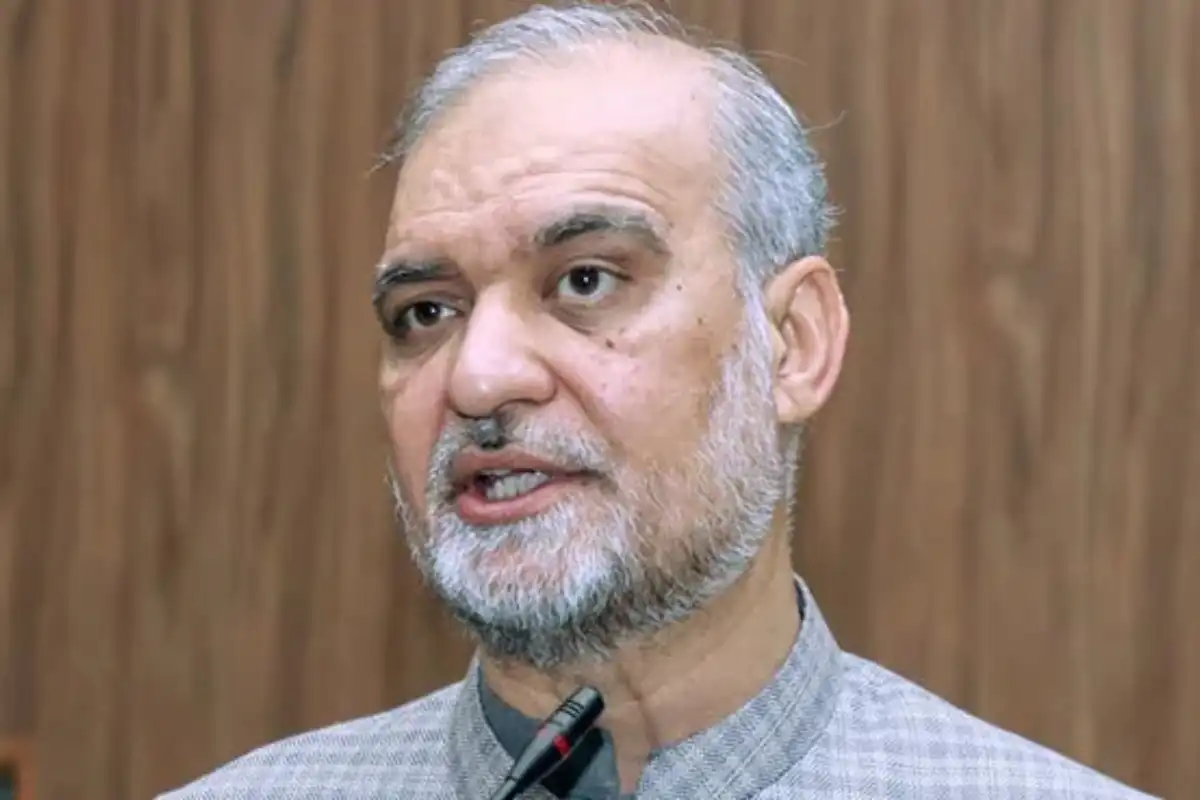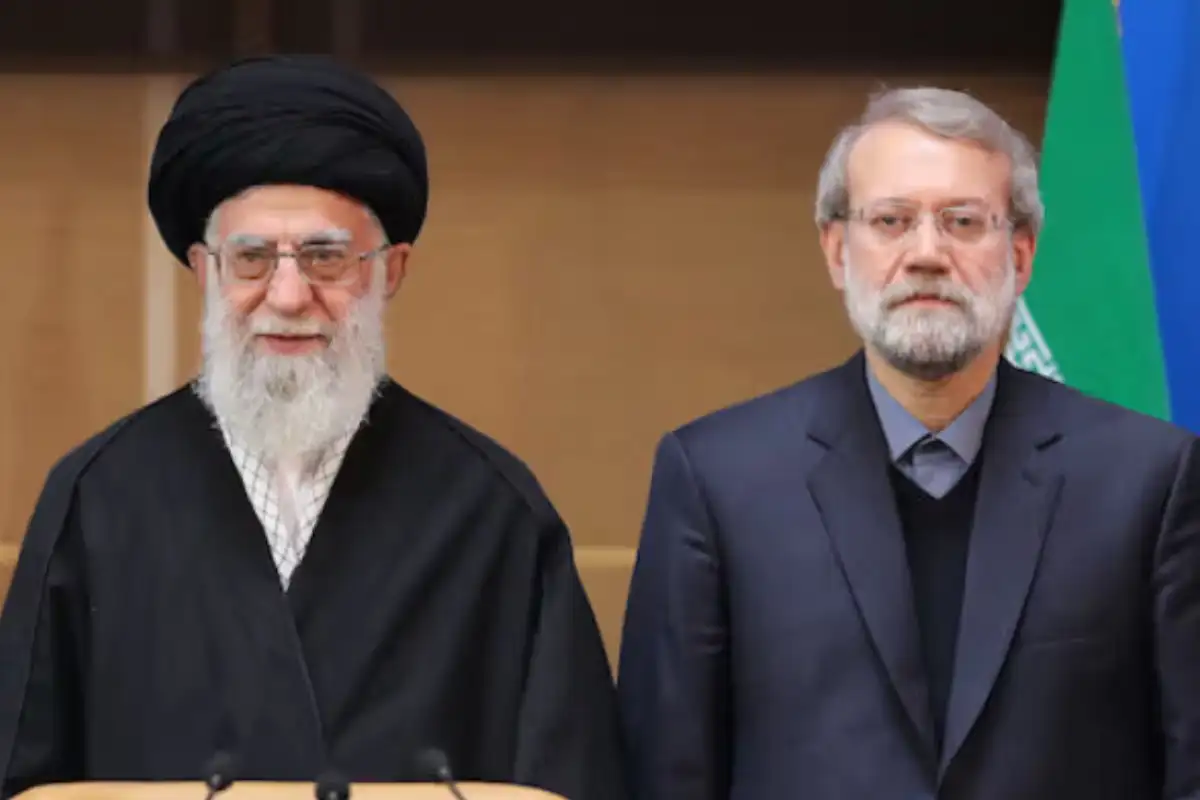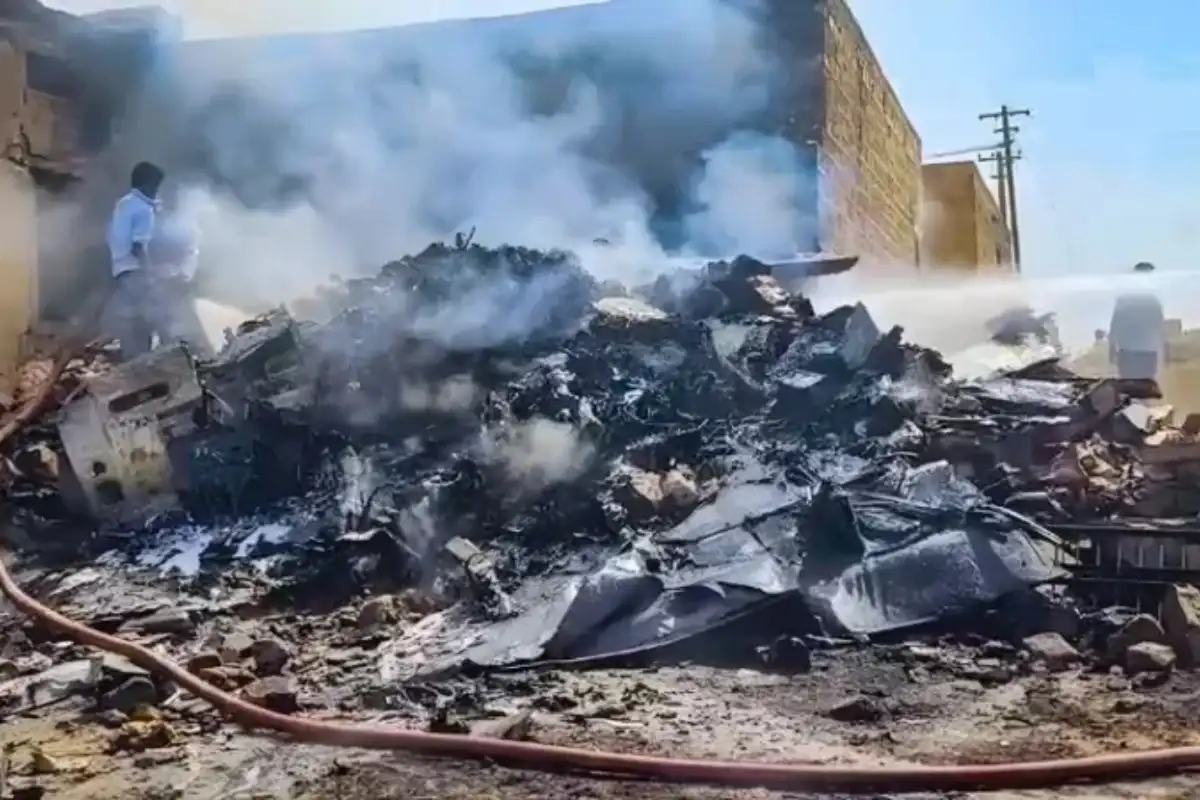A centuries-old process of electing a new Pope now begins
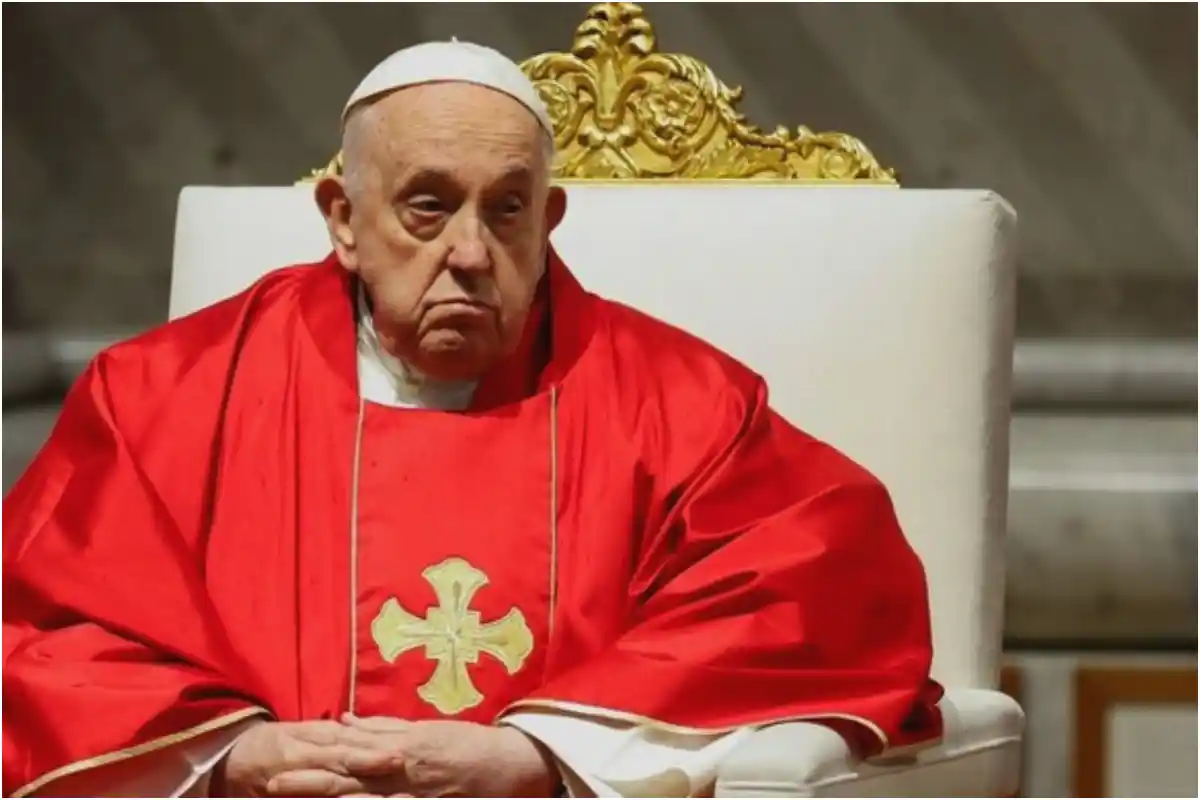
A centuries-old process of electing a new Pope now begins
Pope Francis has passed away at the age of 88, concluding a 12-year papacy as the spiritual leader of over 1.4 billion Roman Catholics worldwide. His death has triggered the traditional process to select a new Pope — a procedure rooted in centuries of Vatican protocol.
Role of the Pope in Catholicism
As the head of the Catholic Church, the Pope is regarded as a spiritual successor to Saint Peter, one of Jesus Christ’s original disciples. This succession grants him supreme authority over all matters concerning Church doctrine and practice. While the Bible remains a central guide, Catholics also follow the Pope’s teachings to shape their faith and decisions.
Although many Christian denominations exist globally, only Roman Catholics recognize the authority of the Pope. Other branches, such as Protestants and Orthodox Christians, do not.
Life at the Vatican
The Pope resides within Vatican City, an independent state located within Rome, Italy. While the Pope does not earn a salary, all expenses including travel and accommodation are covered by the Vatican.
Simplified Funeral Arrangements
Pope Francis had expressed wishes for a simpler burial process. Unlike the traditional practice of using three coffins and placing the body on a raised platform, his funeral will involve a single wooden coffin lined with zinc. His remains will lie in state with the coffin lid open, allowing the faithful to pay their respects.
In a notable departure from custom, he will be buried not within the Vatican, but at the Basilica of St. Mary Major in Rome — one of the four major papal basilicas.
How the New Pope Is Chosen
The election of a new Pope falls to the College of Cardinals — senior Church officials appointed by the Pope himself. Currently, 138 out of 252 cardinals are eligible to vote, the rest being over the age of 80.
Upon the Pope’s death, the cardinals gather for a conclave — the confidential process held inside the Sistine Chapel. Ballots are cast in multiple voting rounds until a clear majority is achieved. The election may span days, and in the past, even months.
The world knows a new Pope has been chosen when white smoke rises from the chapel’s chimney. Black smoke indicates an inconclusive vote.
The Moment of Announcement
Soon after the white smoke appears, the newly elected Pope steps out onto the balcony of St. Peter’s Basilica. A cardinal formally announces the election with the Latin phrase “Habemus Papam” (“We have a Pope”), followed by the new Pope’s chosen name.
For example, Jorge Mario Bergoglio took the name Francis in 2013, honoring Saint Francis of Assisi.
Who Is Eligible to Become Pope?
In theory, any baptized male Roman Catholic is eligible. However, history shows that cardinals generally elect one of their own. While Pope Francis made history as the first South American Pope, the majority of Popes have historically hailed from Europe, especially Italy. Out of 266 Popes, 217 have been Italian.
The world now awaits the next chapter of Catholic leadership, as the College of Cardinals prepares to elect the new shepherd of the Church.
Catch all the Trending News, Breaking News Event and Trending News Updates on GTV News
Join Our Whatsapp Channel GTV Whatsapp Official Channel to get the Daily News Update & Follow us on Google News.


